Today’s readings
The readings in these last days of the church year can be confusing, and sometimes even scary. But they have an important job to do in terms of our spiritual lives. They very often challenge our notions of what the faith really teaches and to what we are called in the preaching of the Gospel. We want to believe in Jesus according to our own likeness, instead of allowing ourselves to be recreated according to his likeness. And that’s where we run off the rails and drift away from a vibrant and active faith.
As of today we have just two weeks left in the Church year, and it’s time for us to take stock of our lives and get things in order. And we have one of those occasions when there seems to be a pretty odd parable in the Gospel reading. It’s a story that challenges our notion of who Jesus is and what he was about – it almost seems in this story that he’s being “un-Jesus-like” in the story. But hang on to that idea that for a second, because I think it will become clear what’s really going on as we unravel the story. I always maintain that when a Scripture gets us riled up, then God is trying to tell us something important, and I definitely think that’s what’s going on here.
So, first, we have to understand the details of the parable. This probably doesn’t sound like any wedding to which you have ever been. Wedding customs in the first century Middle East were a little different than those we know today. The wedding was a rather drawn-out affair, beginning with the betrothal. After that, the couple was basically married, but would not live together until the sometimes-complex negotiations regarding the dowry were complete. When that was done, the bridegroom would journey to the bride’s house and bring her to his own house. Then there would be a splendid feast that would go on for several days, complete with feasting and abundant wine and all kinds of festivity.
So the parable we have in today’s Gospel puts us in the moment of time just as the negotiations are complete and they are expecting the bridegroom to go to the bride’s house. The virgins are there ready to begin the great feast, but the bridegroom is delayed a bit, and they all fall asleep. However, that is not the problem. The problem is that half of them were unprepared.
And here I think is the point that gets us riled up a bit. I think we bristle at the whole notion of the wise virgins’ refusal to share their oil with the foolish. Jesus was always for sharing and charity, so what’s the deal here? Well, since we know Jesus regularly encourages kindness to others, I think we can safely conclude that is not the point of the parable and move on. The point of the parable then, may well be the oil itself. What kind of oil is he really talking about? Of what is this oil symbolic?
The Church Fathers help us a bit there. They talk about the oil as the oil of salvation. This would be an oil that can only be had in relationship with Jesus. It’s an oil that can’t be begged, borrowed, stolen or bought at an all-night Walgreens. We fill the flasks of our lives with that oil through daily prayer, devotion, the sacraments, and a life-long relationship with Jesus Christ, our Savior. So the foolish virgins were looking for oil too late — too late not just because it is midnight, but too late because they should have been filling their flasks with this oil all along. It’s not the wise virgins’ fault they did not share: indeed this is an oil that cannot be shared, any more than one could live another’s life for that person.
What astounds me is that five of these virgins showed up unprepared. We may not be familiar with first-century Middle Eastern wedding customs, but they certainly were. So they would have known the wedding would go on for some days. How is it, then, that they forgot to bring extra oil? Even if the bridegroom had not been delayed, they certainly would have needed it! What was so important to them that they forgot to attend to the most basic part of their job in preparation for the wedding banquet? It would be like the maid of honor in a wedding today forgetting to plan a wedding shower – unthinkable!
Just so, we certainly have nothing more important to do than to show up at the wedding feast of heaven with our flasks filled with the oil of salvation. No other concern should distract us for our most basic job on earth, which is preparing for our life in heaven. We must not be deterred from prayer, devotion, good works of charity, fasting, and zealous reception of the sacraments lest we hear those awful words the bridegroom spoke to the foolish virgins: “Amen, I say to you, I do not know you.”
When we get to the feast, if our flasks are not full, it is already too late. The last Sunday of the Church year is two weeks from today. So this is a very good time to take a look back and see how well we have filled our flasks in the last year. Have we been zealous to attend to our spiritual lives? Have we been careful to be sure we have received the Sacrament of Penance on a regular basis? Do we attend Mass every Sunday and Holy Day of Obligation, regardless of what else is going on in our lives, regardless if we are tired and need a rest, regardless of anything that might distract us? Beyond the sacraments, do we take time to reflect on our relationship with God and try our best to live our lives as we have been called? Have we even thought about what is the purpose of our lives right now? Are we, at this point in life’s journey, walking with our Lord through good times and bad? Or have we veered off the path, not even concerned about having the oil of salvation? Have we been content with oil that does not burn brightly and which runs out just when we need it?
If that’s where we have found ourselves this year, then we have some work to do in the coming weeks. As we wind up this year and begin the next, we need to steadfastly resolve to fill our flasks to overflowing with the oil of salvation in the year ahead. The only way we can do that is by zealously seeking our God, praying the prayer of the Psalmist:
O God, you are my God whom I seek;
for you my flesh pines and my soul thirsts
like the earth, parched, lifeless and without water.
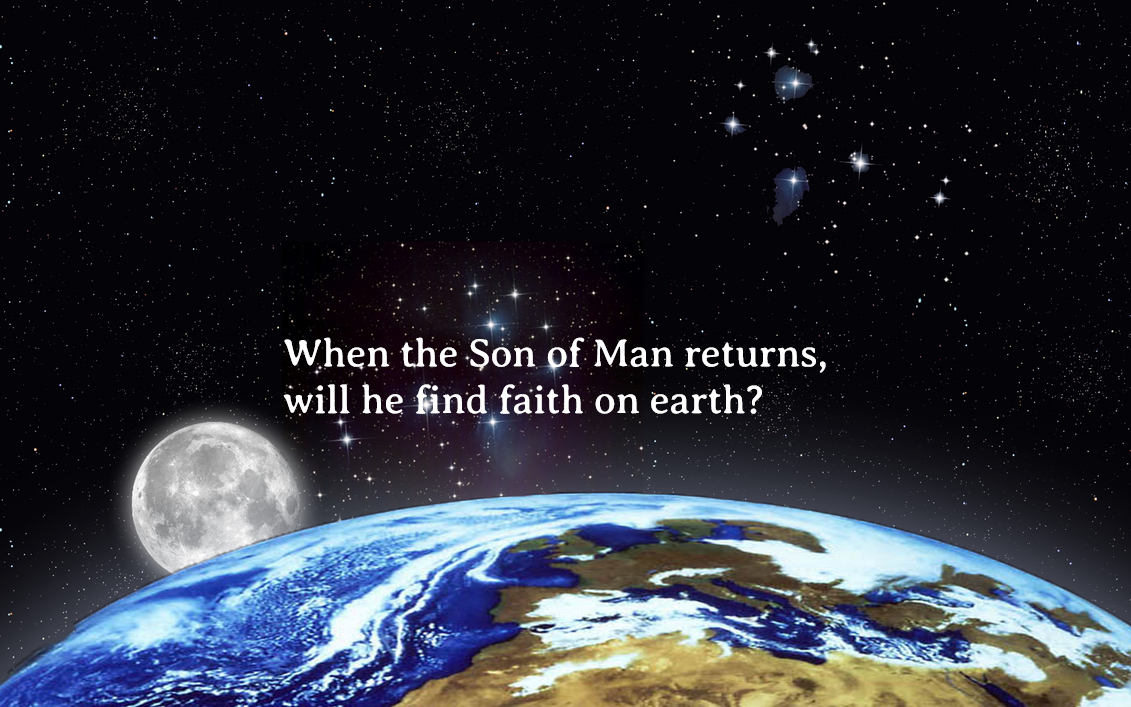
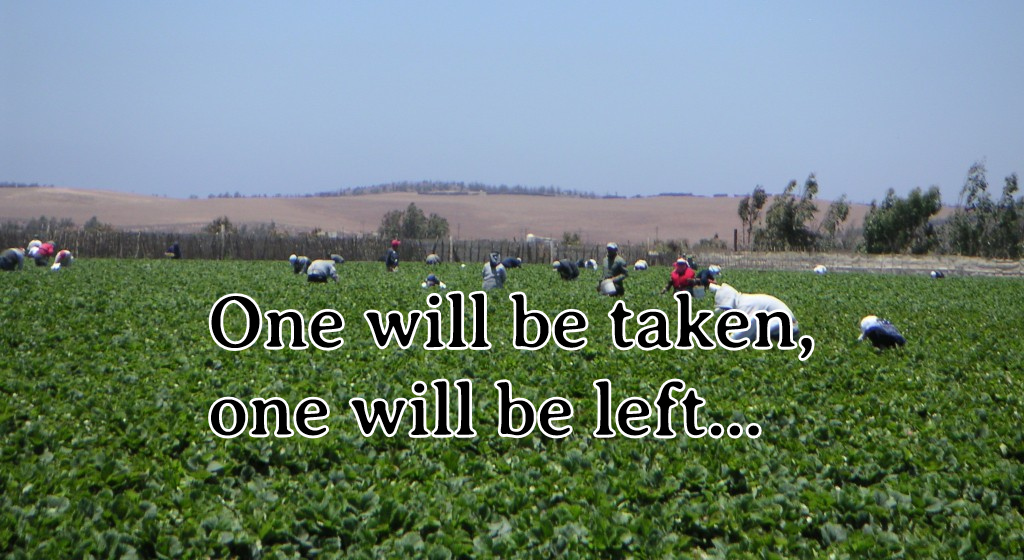
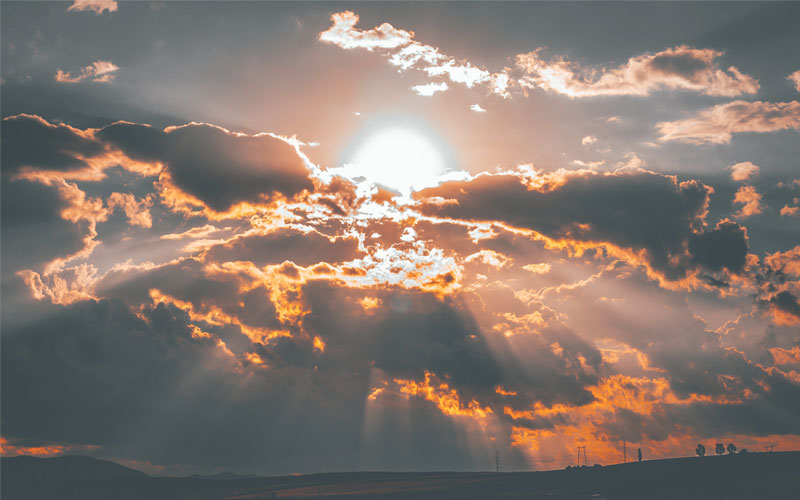
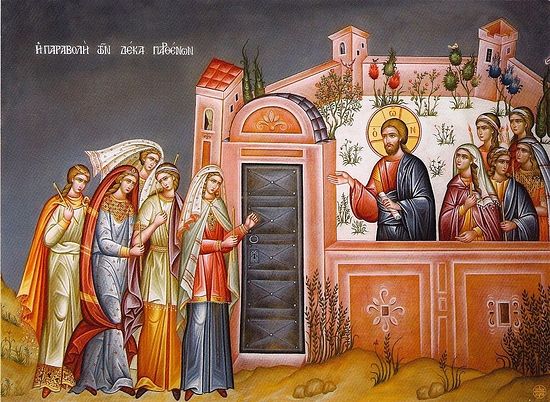
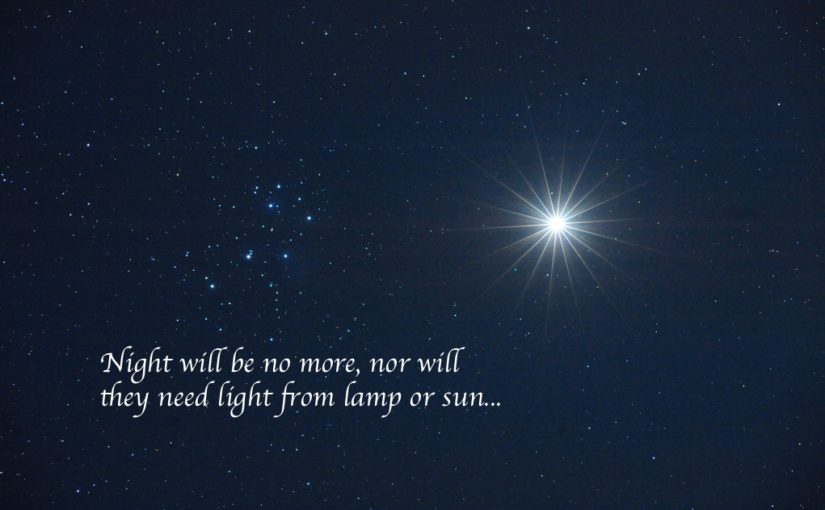
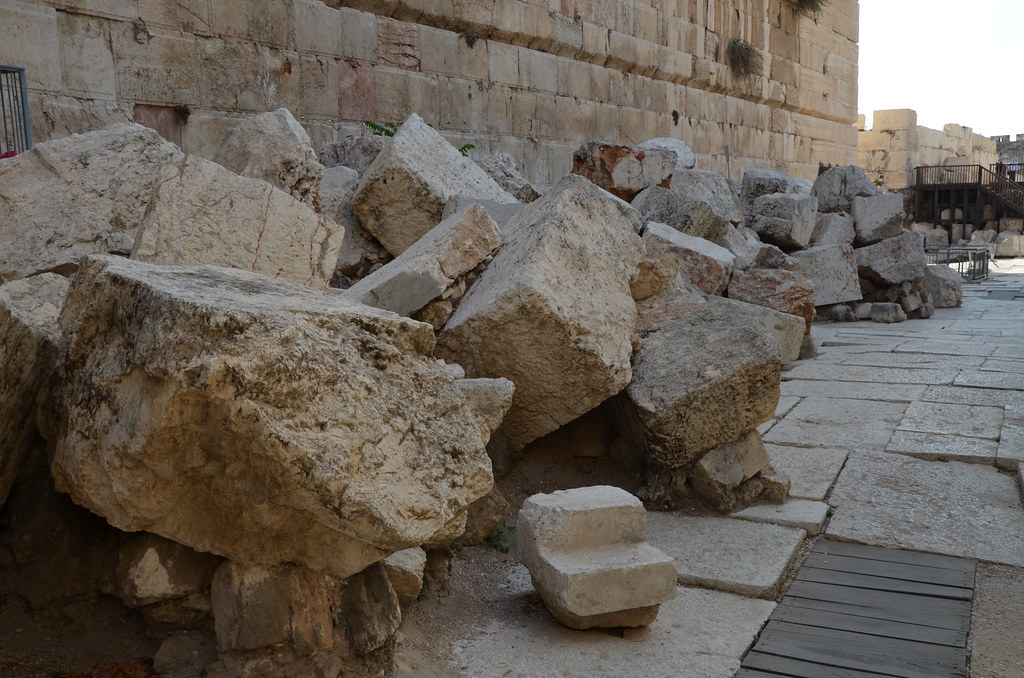

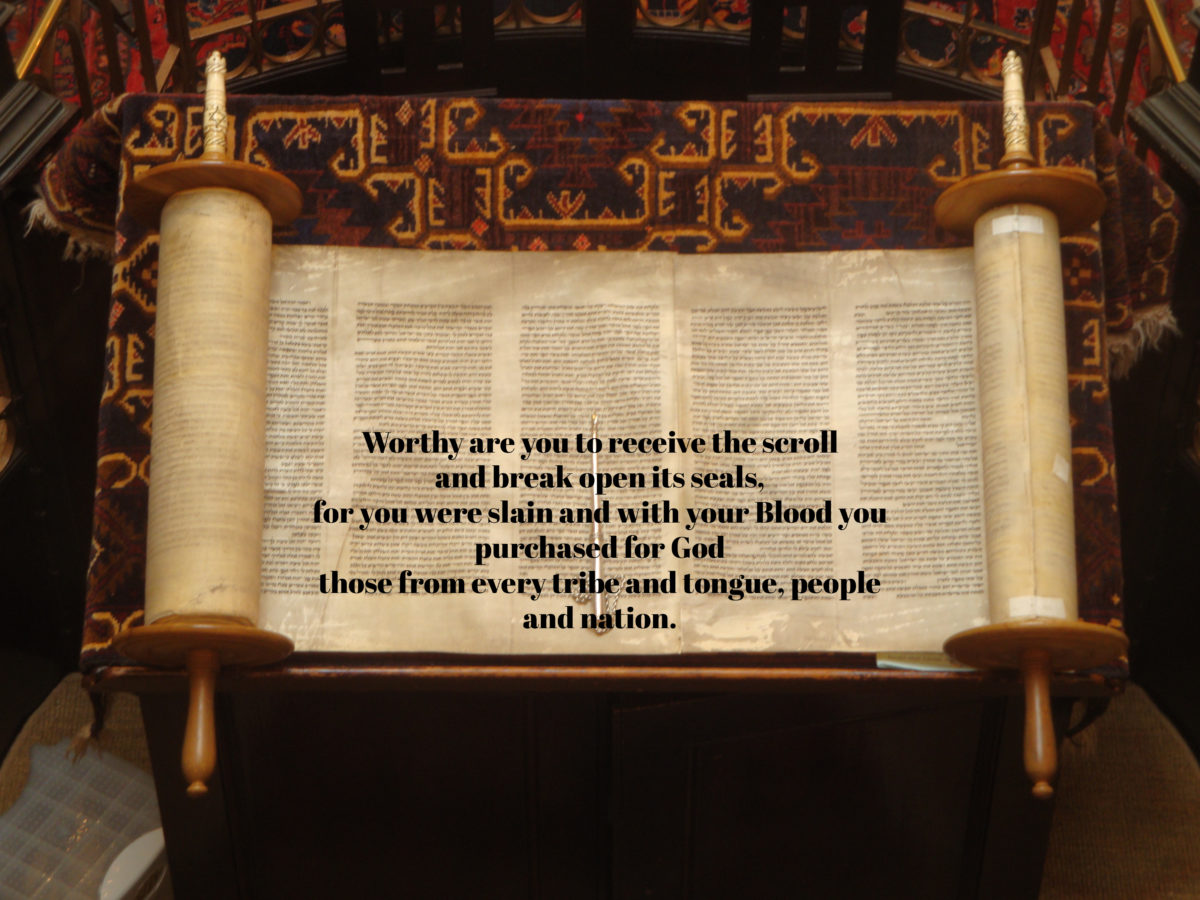
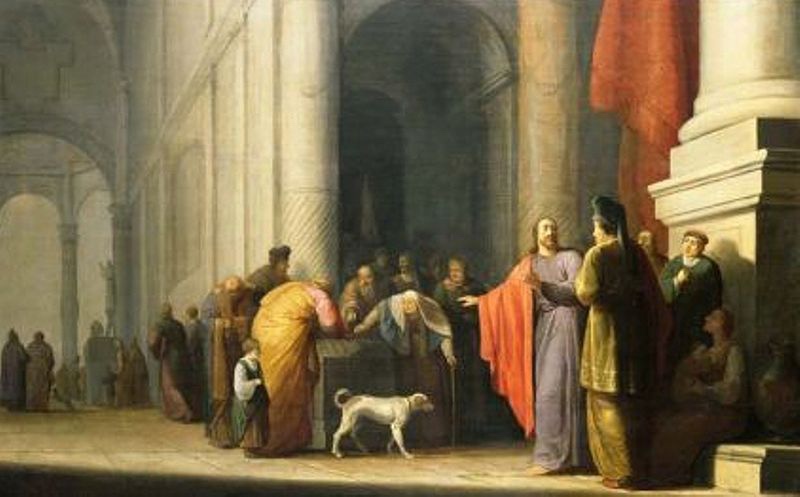
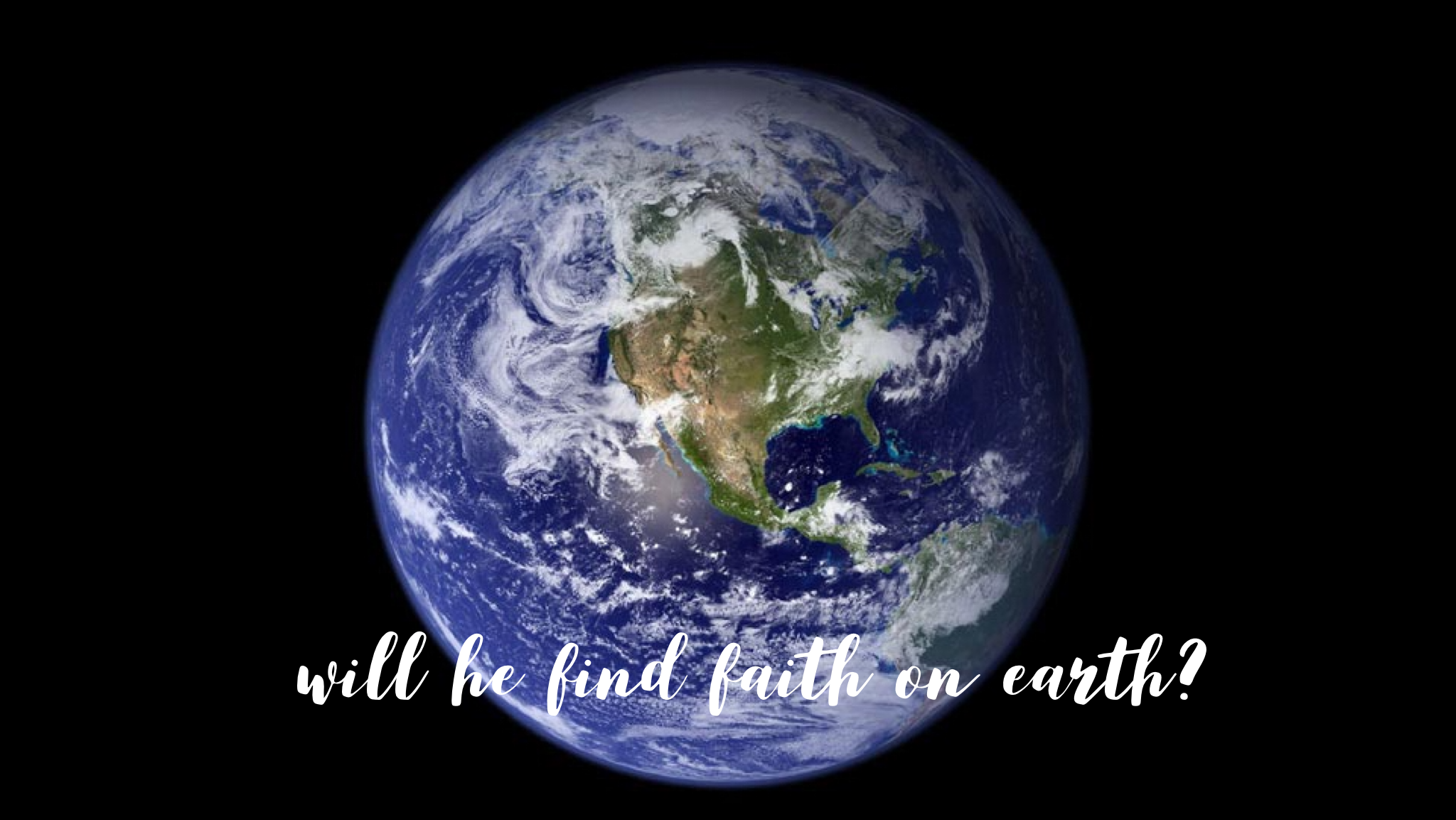
You must be logged in to post a comment.